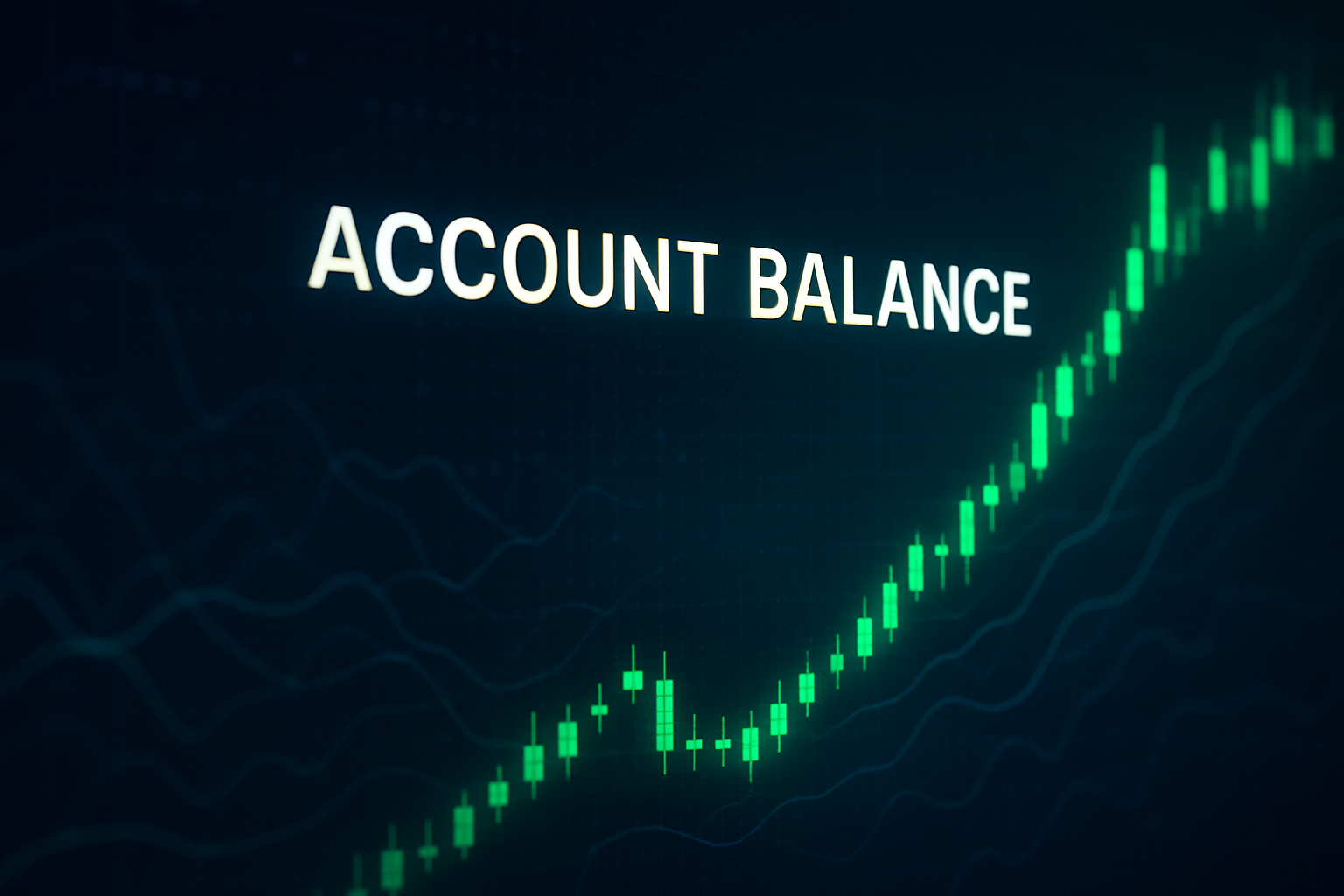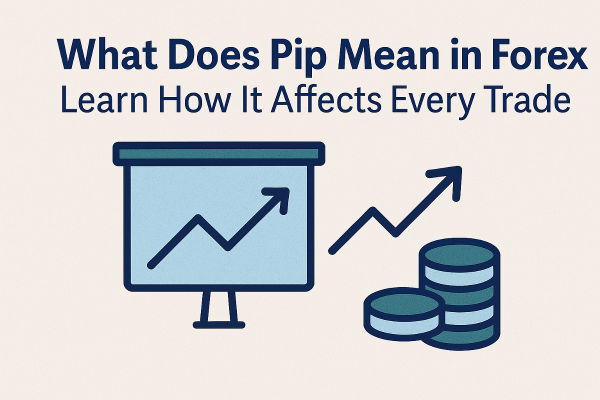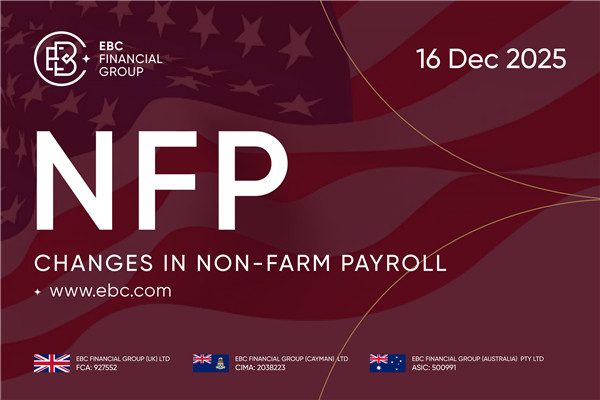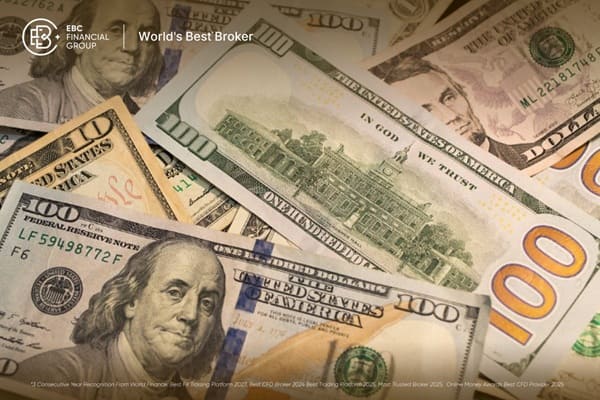In the complex foreign exchange market, cross-currency swaps are a valuable tool. In international trade, people often use foreign exchange swaps to agree in advance on future exchange rates, so for investors in cross-currency swaps, can this swap also be used to avoid risk? Let's examine it together!

It is a financial derivative that is contracted between two parties. The principal amount of two different non-major foreign currencies is exchanged at an agreed exchange rate on a specified date, and then a reverse exchange of the principal amount is carried out again at the same exchange rate on another date. During this period, the parties also make periodic interest payments. This transaction usually involves two different currencies, which are exchanged for interest rates and principal payments to meet the specific needs of the parties to the contract.
The purpose of this swap is primarily to help businesses and investors manage exchange rate risk. For example, exchanging interest and principal payments in one currency for interest and principal payments in another currency reduces the risk involved in financial transactions between different currencies.
Its structure is simple, yet it meets the needs of converting two different currencies. If one wishes to convert an asset or liability from one foreign currency to another (e.g., if one wants to exchange the low-cost Euro for the Japanese Yen), this can be easily accomplished through this swap.
This transaction consists of two main stages: the initial swap and the stop swap. In an initial swap, one pays a fixed or floating rate of interest on one currency and receives an interest rate on the other. When it comes to the stop swap stage, it involves exchanging the principal.
Its main features are:
Валютный своп: Этот обмен предполагает обмен между двумя различными валютами, менее распространенными неосновными валютами (например, австралийским долларом, канадским долларом и т.д.).
Своп процентных ставок: Помимо валютных свопов, они также включают в себя процентные свопы между двумя валютами. Это означает, что платежи по процентным ставкам будут производиться друг с другом в валютах их соответствующих стран или регионов.
Срок действия: Есть конкретный срок, и в договоре будет точно указано, как будет выглядеть обмен валюты и процентных ставок в будущем. Срок может составлять несколько дней или несколько лет в зависимости от потребностей обеих сторон.
Управление рисками: Этот своп обычно используется для управления валютными и процентными рисками. Благодаря этому вы сможете более гибко управлять своими активами и обязательствами, снизить риск и сделать ваши инвестиции более надежными.
Объем ликвидных средств: Это стандартизированный финансовый инструмент, который можно купить и продать на рынке, обеспечивая высокий уровень ликвидности.
The special feature of cross-currency swaps is that the two parties to the transaction agree on two trading operations at the same time. The parties first exchange currency a for currency b, and then agree to exchange currency b for currency a on a future date at a pre-negotiated exchange rate. The currency types bought and sold are the same in both transactions. The exchange rate for the transaction is determined primarily by the currency interest rate and the agreed-upon term. It may be higher or lower than the exchange rate at the expiration of the contract.
So it hedges the risk while sacrificing the opportunity for profit that may be available. Even if the exchange rate changes in the investor's favor after maturity, he or she will have to hope for the best.
Cross Currency Swap Quote Information
| INFORMATION |
DESCRIPTION |
| Currency Pair |
Non-major currency pairs involved, e.g., EUR/JPY |
| Start Date |
Start Date |
| Expiry Date |
Expiry Date |
| Swap Rate |
The rate at which the base currency will be exchanged for the quote currency at a specific date in the future |
| Interest Rate Type |
The type of interest rate in the swap, e.g., fixed or floating |
| Interest Rate Level |
The level of the currency interest rate associated with the swap |
| Duration |
The duration of the currency swap contract |
| Spread |
The difference between the swap rate and the real-time market rate |
| Fees and charges |
Other fees and costs associated with the swap |
| Quoter Information |
Information about the financial institution or bank offering the currency swap contract |
| Quotation Validity Period |
The validity period of the offer |
What risks can cross-currency swaps avoid?
It can be used to hedge a wide range of risks associated with foreign exchange trading, including the following key risks:
It allows businesses to lock in a currency exchange rate at a future point in time, thus avoiding the risks that may arise from exchange rate fluctuations. This is particularly important for businesses that trade internationally and invest across borders, as they often have to deal with transactions between different currencies.
Swap contracts are usually standardized financial instruments that are easily bought and sold in the market. This reduces liquidity risk as businesses can sell or buy these contracts at any time to meet their funding needs.
Credit relationships with counterparties are also important in swaps. By signing contracts with reliable contractual counterparties, firms can avoid the risks associated with counterparties that are unreliable or have high credit risk.
Can cross-currency swaps hedge interest rate risk? Absolutely. Swap contracts typically include a currency exchange as well as an interest rate on the currency, allowing a business to hedge against the impact of rising or falling interest rates on its financial position.
Market risk includes the potential impact of market volatility on a business's financial position. Swaps, on the other hand, can help businesses reduce market risk by locking in the price of future currency transactions.
Businesses can use swaps to plan for their future financial position, ensuring that they can meet future currency needs without being subject to unfavorable market changes.
Cross currency swaps and foreign exchange swaps
| Features |
Foreign Exchange Swap (FX Forward) |
Cross Currency Swap |
| Types |
Is a financial derivative that is used for currency exchange. |
A currency swap instrument, usually involving two currencies. |
| Участвующие валюты |
Речь идет о двух валютах, обычно включающих базовую валюту и валюту котировок. |
Включает обмен двух неосновных валют. |
| Установление валютного курса |
Контракт предусматривает конкретный курс обмена валют на более поздний срок. |
Хеджирование рисков, связанных с обменными курсами и процентными ставками, между различными валютами, необязательно включая конкретные ставки свопов. |
| Цель управления рисками |
Используется для защиты бизнеса или инвесторов от неблагоприятных колебаний обменного курса. |
Используется для управления валютным и процентным риском, а также удовлетворения конкретных финансовых потребностей бизнеса. |
| Главная цель |
Используется для управления валютными рисками, особенно для международной торговли и трансграничных инвестиций. |
Используется для управления широким спектром рисков, включая обменные курсы, процентные ставки и риски финансового планирования. |
| Объем ликвидных средств |
Имеет хорошую рыночную ликвидность и легко купить и продать. |
Являются стандартными финансовыми инструментами, обеспечивающими высокую степень ликвидности. |
Отказ от ответственности: этот материал предназначен исключительно для общих информационных целей и не предназначен (и не должен рассматриваться как) для финансовых, инвестиционных или других рекомендаций, на которые следует полагаться.Никакое мнение, приведенное в материале, не является рекомендацией екбк или автора о Том, что какие-либо конкретные инвестиции, обеспечение, сделка или инвестиционная стратегия подходят для какого-либо конкретного лица.


























